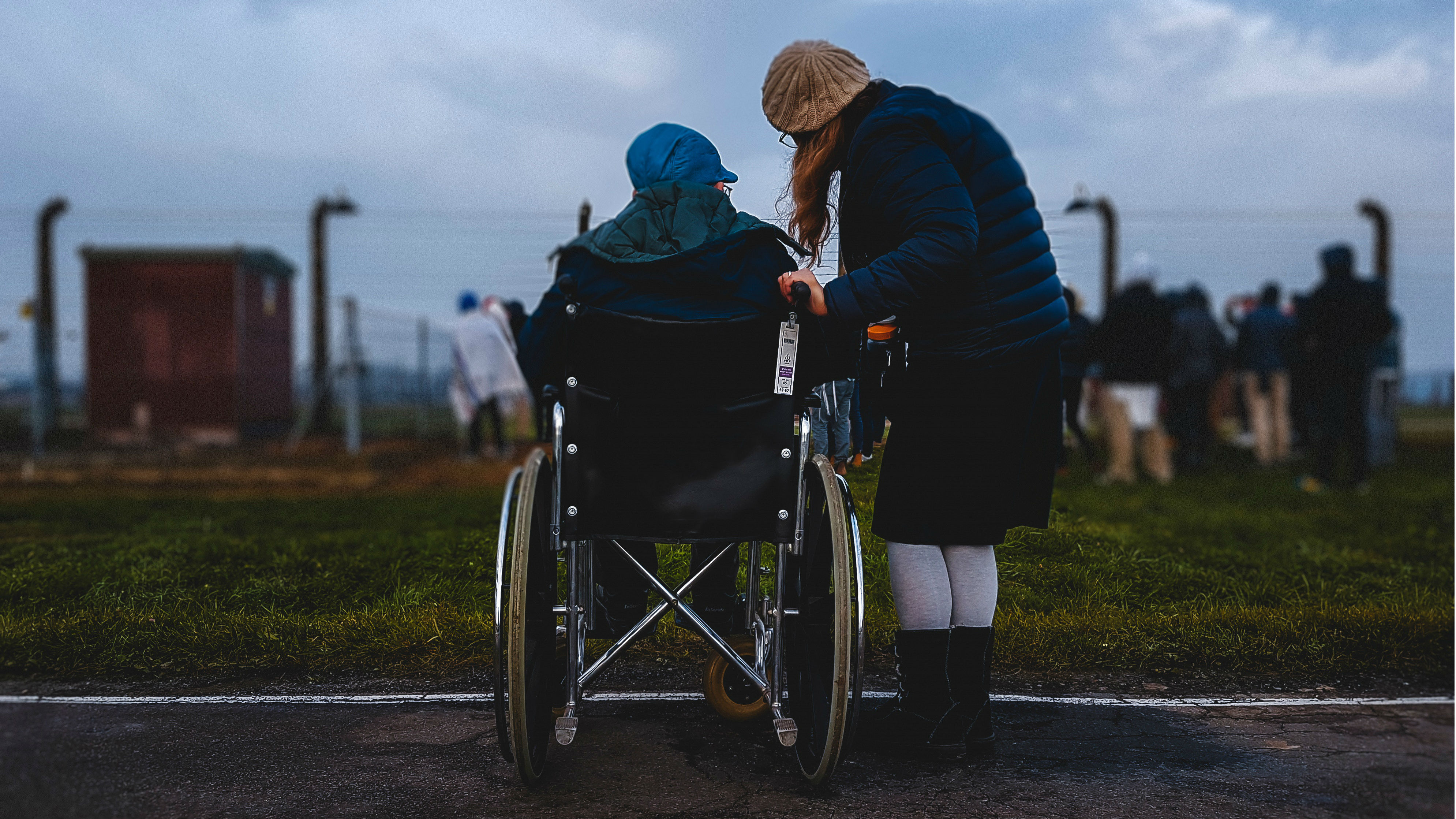Christian Jarrett
Dr Christian Jarrett is the author of PERSONOLOGY, Using the Science of Personality Change to Your Advantage, forthcoming from Simon and Schuster (North America) and Little Brown (UK and Commonwealth).
So why should we keep using them?
Study finds both a possible rise in gender equality and gender differentiation.
Smoking may put more than just your physical health at risk.
Think adrenaline leaves you unable to think clearly? Think again.
Can microdosing LSD enhance creativity and focus?
Smart people are not afraid to say “I don’t know.”
Study finds that neurotic people deal with more “mental noise” than others.
Research suggests that people with depression find sad music calming — or even uplifting.
These ten characters have all had a huge influence on psychology. Their stories continue to intrigue those interested in personality and identity, nature and nurture, and the links between mind and body.
Psychologists have found that, while we tend to judge our own vulnerability more harshly, we perceive vulnerability in others as courage.
To get a good night’s sleep, is it better to write down your achievements or the to-do list for the next day? Researchers tested the two different sleep techniques in the lab.
Seeing our work as benefiting others really helps us to find it meaningful, and therefore more enjoyable.
“Our country doesn’t do many things well, but when it comes to big occasions, no one else comes close,” so claimed an instructor I heard at the gym this week. […]
In a post-truth world of alternative facts, there is understandable interest in the psychology behind why people are so attached to their opinions and why it is so difficult to change minds.
For many, their religion is a core part of their identity, the meaning they find in life, and their social world. Changing this crucial aspect of themselves will have significant psychological consequences.
Two studies, summing up almost 5,000 participants, point to an interesting link between education and conspiracy theories.
The idea that we learn better when taught via our preferred modality or “learning style” – such as visually, orally, or by doing – is not supported by evidence.
Imagining ourselves as no longer existing is, for most of us, terrifying. Buddhism may offer some reassurance.

















